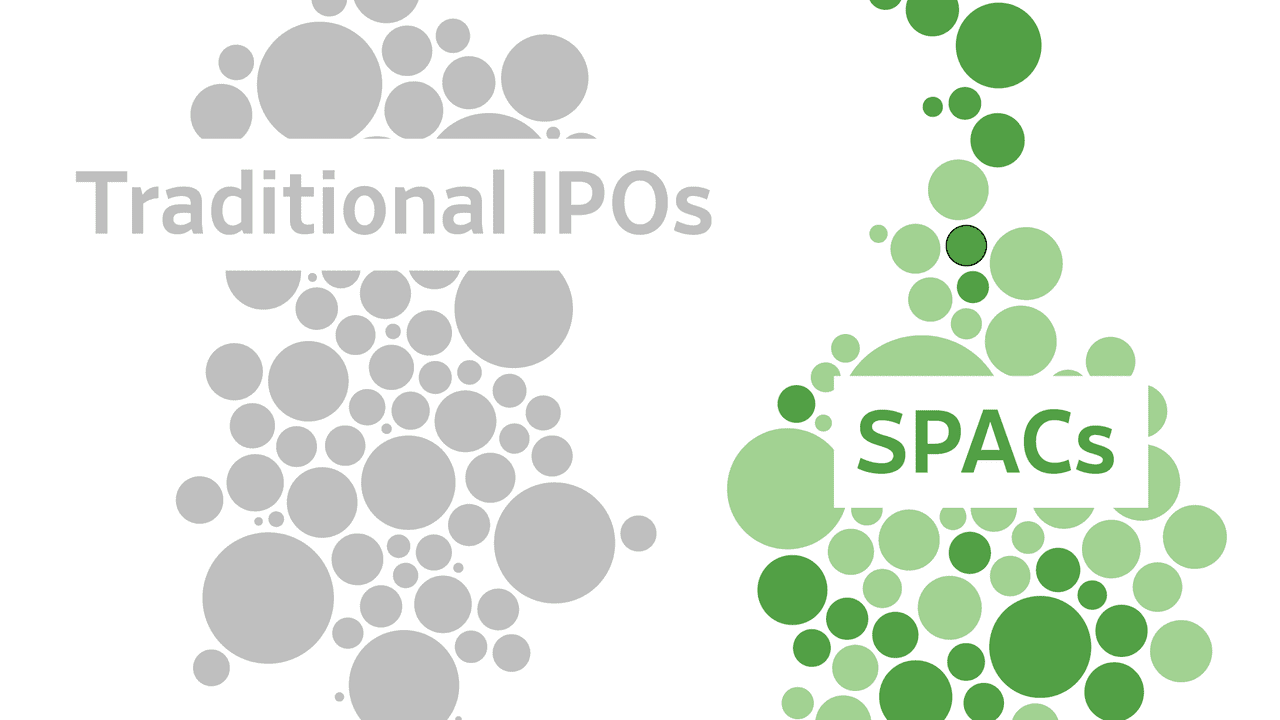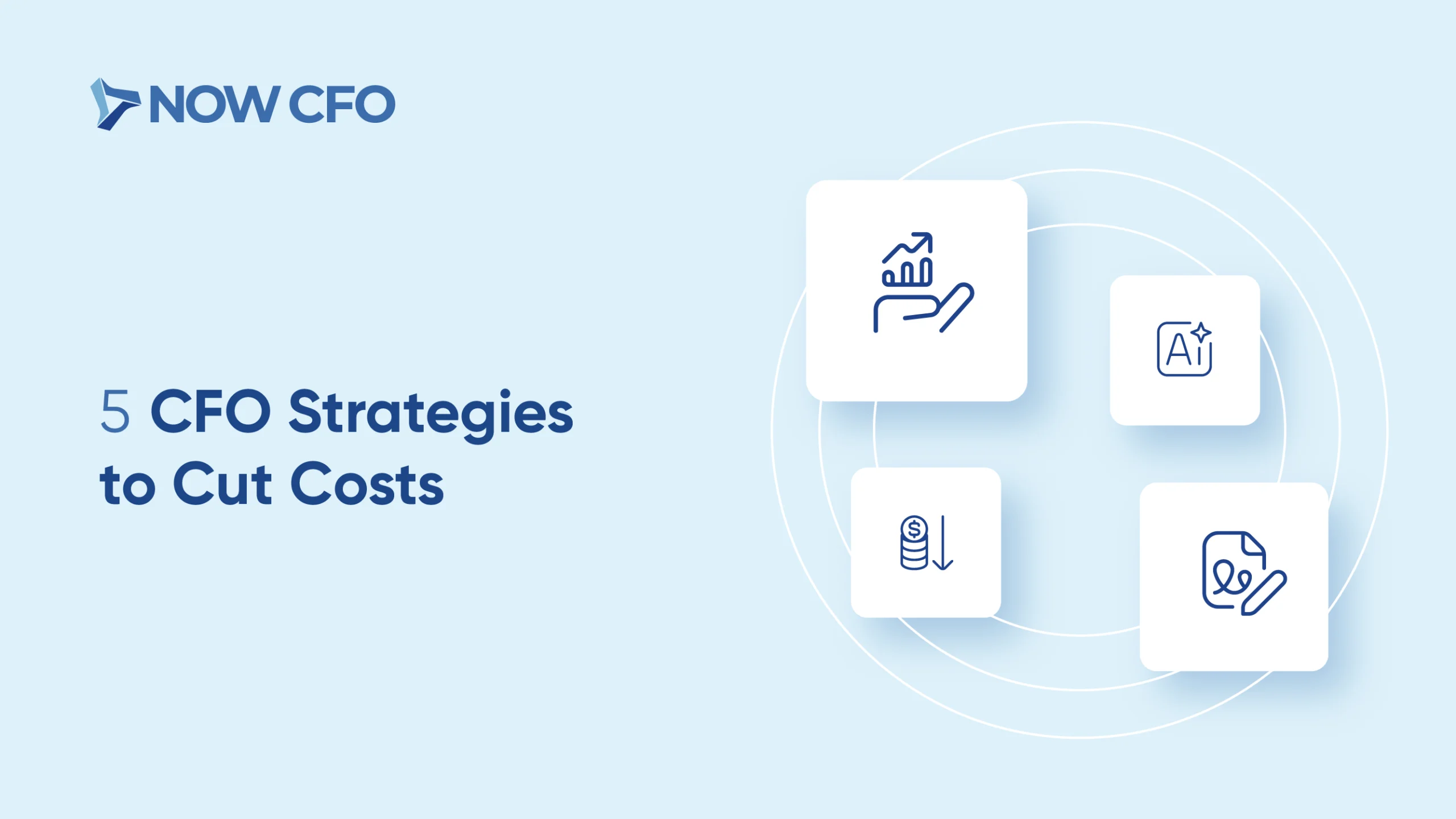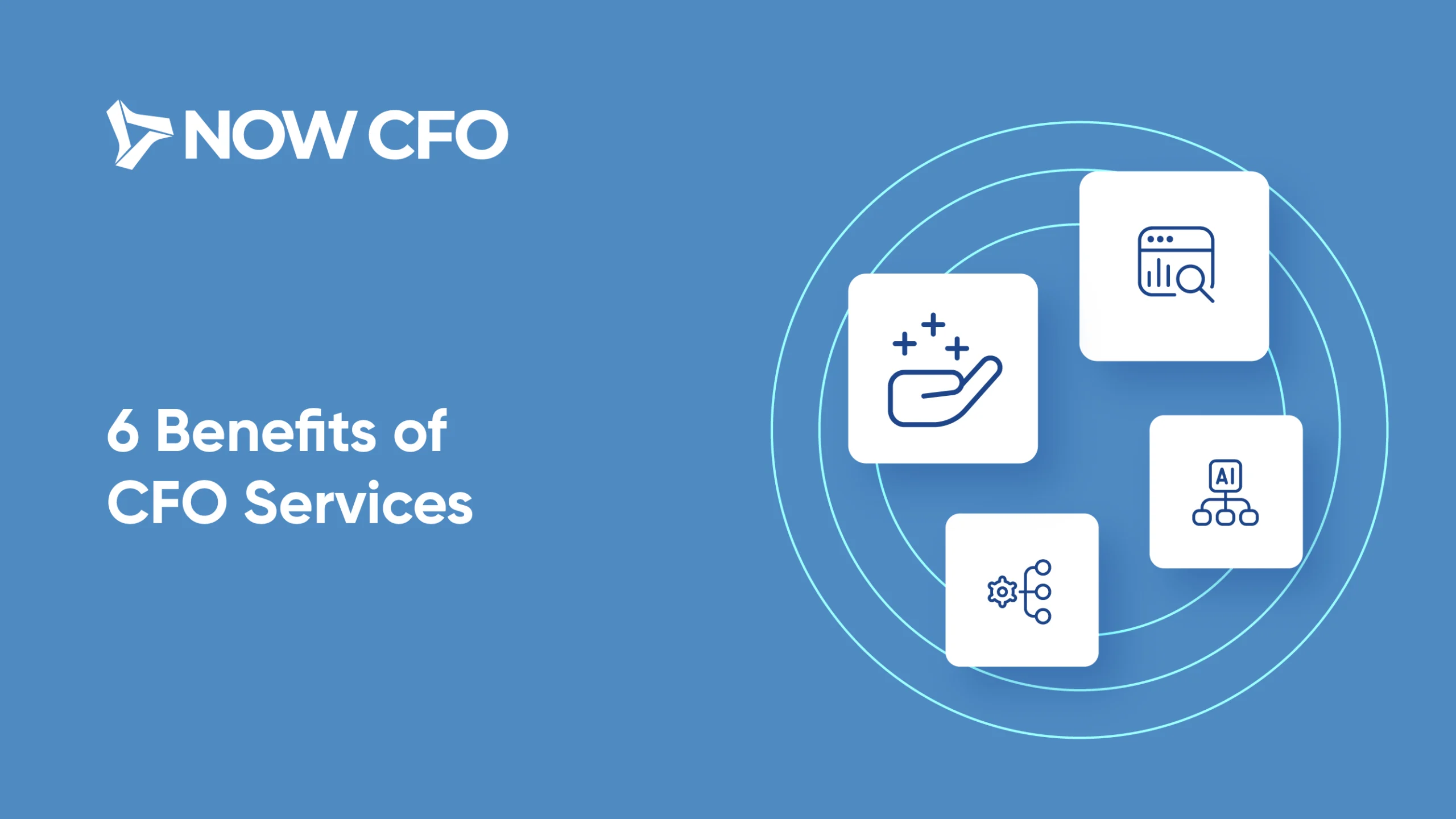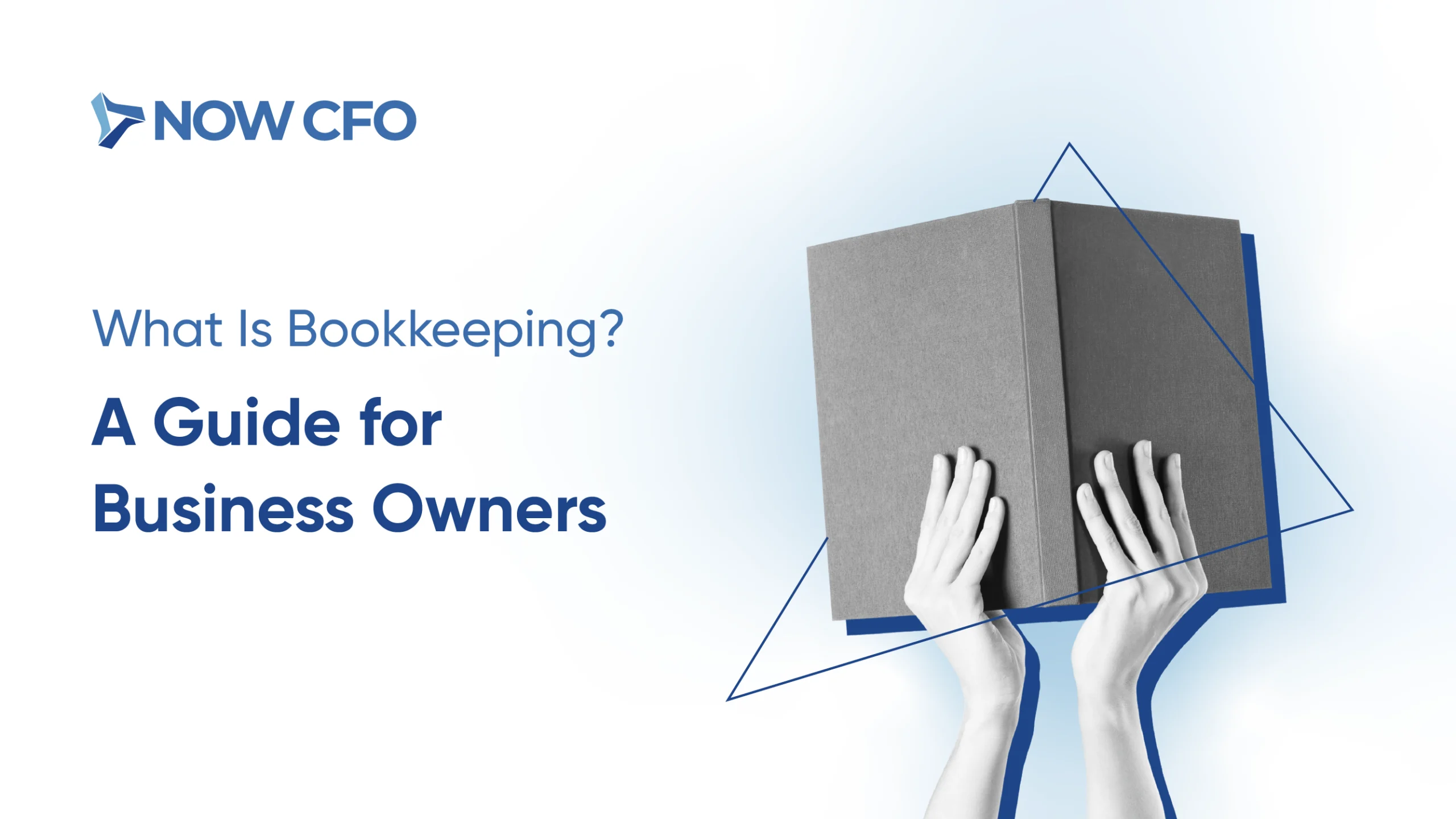
It seems SPACs are the new and preferred method to go public as more and more distinguished companies are going public through a SPAC rather than an IPO. In 2020, SPACs raised a record high of $82.1 billion. Most of those companies came from industrial manufacturing sector, but what exactly is a SPAC and how does it compare to an IPO?
What is a SPAC?
A SPAC stands for Special Purpose Acquisition Company and is exists solely for taking another company public. A SPAC eliminates a lot of the normal hassles and stipulations that come with an IPO, thus more companies are using them.
In a SPAC transaction, the private company becomes publicly traded by merging with a listed shell company—the special-purpose acquisition company (SPAC). Some of the most notable completed SPACs from the past year were QuantamScape, Nikola and DrafKings.
These companies are commonly referred to as a “blank check” company. They have no commercial operations. SPACs are formed strictly to raise capital through an IPO for the purpose of acquiring an existing company. Although they have been around for decades, they are gaining more momentum as they attract bigger underwriters and investors.
What is an IPO?
An IPO, or Initial Public Offering refers to the process of offering shares of a private corporation to the public in a new stock issuance. The companies that go through an IPO must meet certain requirements by exchanges of the Securities and Exchange Commission (SEC), which is one of the main differences between an IPO and SPAC. Once a company reaches a certain level of growth in the business lifecycle stage, and can meet those requirements of the SEC, it will then express its interest going public.
An IPO can be a great opportunity for a company as it gives them the chance to raise a substantial amount of money from investors. A company is typically valued at $1 billion, or unicorn status. An IPO is also a common type of exit strategy for companies as founders recognize the full profit from their private investment. Investment banks are the ones that are hired for this project.
Pros:
- Speedier process and execution: A SPAC will take 3-6 months, a IPO usually takes 12-18 months. If the SPAC is not completed within 18-24 months, the SPAC investors can redeem their original investment.
- Guaranteed price: A price is negotiated before the transaction closes, whereas a SPAC depends on market conditions at the time. There is no heavy underwriting or roadshow costs to market the private operating company.
- Additional capital raising: SPAC sponsors will raise debt or PIPE (private investment in public equity) funding on top of their original capital to fund the transaction and growth for the combined company.
- Lower marketing costs: A SPAC does not need to generate interest from investors in public exchanges.
Cons:
- Shareholder dilution: SPAC sponsors typically own a 20% stake in the SPAC through founder shares as well as warrants to purchase more shares.
- Capital loss- Initial SPAC investors may redeem their shares, and if redemptions exceed expectations, then cash availability becomes uncertain.
- Crunched timeline for public readiness: The target company usually takes the burden of preparing for financials in SEC filings and establishing public company functions.
- Lacking Due Diligence- A SPAC does not require the thorough due diligence of an IPO which could lead to repetitions, invalid financials, and potential lawsuits.
- Lack of underwriting and comfort letter: Since a SPAC is already public, the target company does not have an underwriter.
How We Can Help with Your SPAC or IPO:
Of course there are pros and cons to both SPACs and IPOs, but it is worth noting that a SPAC should be considered due to the cost and time savings but we have the expertise and services to help you with both a SPAC and IPO:
- Adoption of New Accounting Standards: Determine result new standards will have on finance statements Services include: ASC 606, ASC 842, ASC 326
- Audit Preparation and SEC/Financial Reporting: Manage Audit with CPA Firm and complete required GAAP and IFRS. We can supervise entire IPO process, including public filings/footnote prep. Services include: SEC FORM S-X/F-1, 10-K, 10-Q, 8-K filings, OTC/Private annual and quarterly statements.
- Accounting for Complex Transactions: We provide expertise on accounting for new mergers and acquisitions, stock compensation, complex debt/equity Services include: ASC 805, ASC 718, ASC 480, ASC 815, and ASC 470
Get Your Free Consultation
Gain Financial Visibility Into Your Business
We provide outsourced, fractional, and temporary CFO, Controller, and operational Accounting services that suit the needs of your business.
- Hourly Rates
- No Hidden Fees
- No Long Term Requirements
NOW CFO provides the highest level of expertise in finance and operational accounting to accelerate results and achieve strategic objectives for sustainable growth and success.
After completing the form, a NOW CFO Account Executive will reach out and learn more about your needs so that we can pair you with the right Partner.











